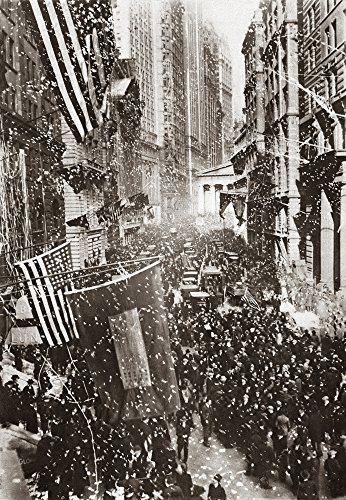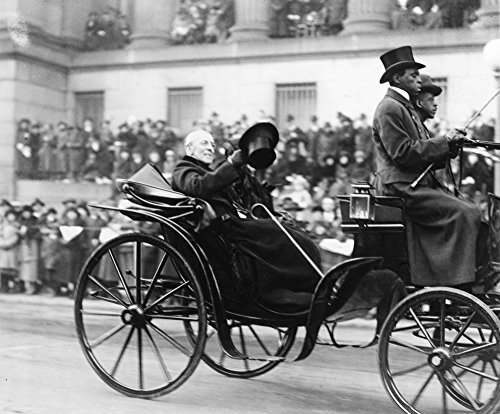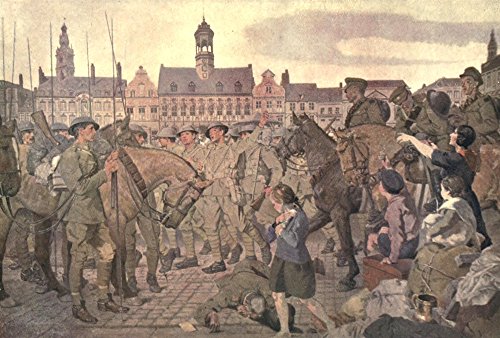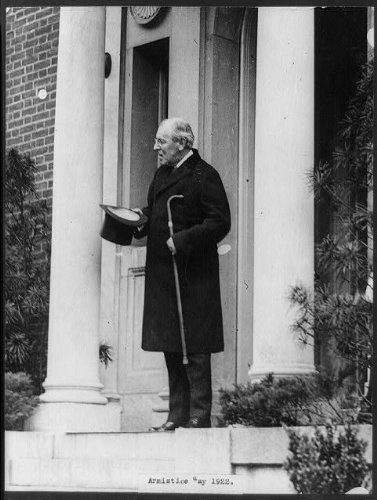Veterans Day is a federal holiday in the U.S. honoring military veterans. Parades and speeches across the country along with a national ceremony at the Tomb of the Unknowns at Arlington National Cemetery in Virginia highlight this day.
11/11
November 11 marks the day of the armistice between the Allies and Germany in 1918 that ended the fighting in the First World War. It was signed in a railway carriage in Compiègne Forest at 11 a.m., or "the eleventh hour of the eleventh."
Armistice Day
Veterans Day was originally established as Armistice Day, commemorating the signing of the agreement that ended World War I at 11:00 A.M., November 11 (the 11th day of the 11th month), 1918. Congress passed a resolution in 1926 for an annual observance, and Nov. 11 became a national holiday beginning in 1938. The holiday was changed to Veterans Day in 1954 to honor those who served in all American wars.
Armistice Day is still celebrated on November 11 in France and Belgium, and recognized as Remembrance Day in the Commonwealth of Nations, including United Kingdom, Australia and Canada.
A similar commemorative celebration known Lāčplēsis Day honors soldiers in Latvia.
Veterans Day originated as “Armistice Day” on Nov. 11, 1919, the first anniversary of the end of World War I. President Dwight D. Eisenhower signed legislation in 1954 to change the name to Veterans Day.
Armistice Day is still celebrated on November 11 in France and Belgium, and recognized as Remembrance Day in the Commonwealth of Nations, including United Kingdom, Australia and Canada.
A similar commemorative celebration known Lāčplēsis Day honors soldiers in Latvia.
The War That Ended War
The 11th of November marks the anniversary of the end of hostilities on the Western Front in World War I, which took effect on "the eleventh hour of the eleventh day of the eleventh month" of 1918. An armistice signed in a railway carriage in the Compiègne Forest of France between the Allies and Germany initiated a cessation of hostilities that had claimed over 60 million lives.
Declared a national holiday in most Allied nations, "Armistice Day" has since become Veterans Day in the United States and Remembrance Day in countries of the British Commonwealth. It remains Armistice Day in France and Belgium, an is known as the Day of Peace in the Flanders Fields.
British author H. G. Wells referred to the conflict as "The War That Will End War" in London newspapers as early as 1914 and the catchphrase referring to World War I as "the war to end war" continued for almost a generation.
continued in Out of the Past



